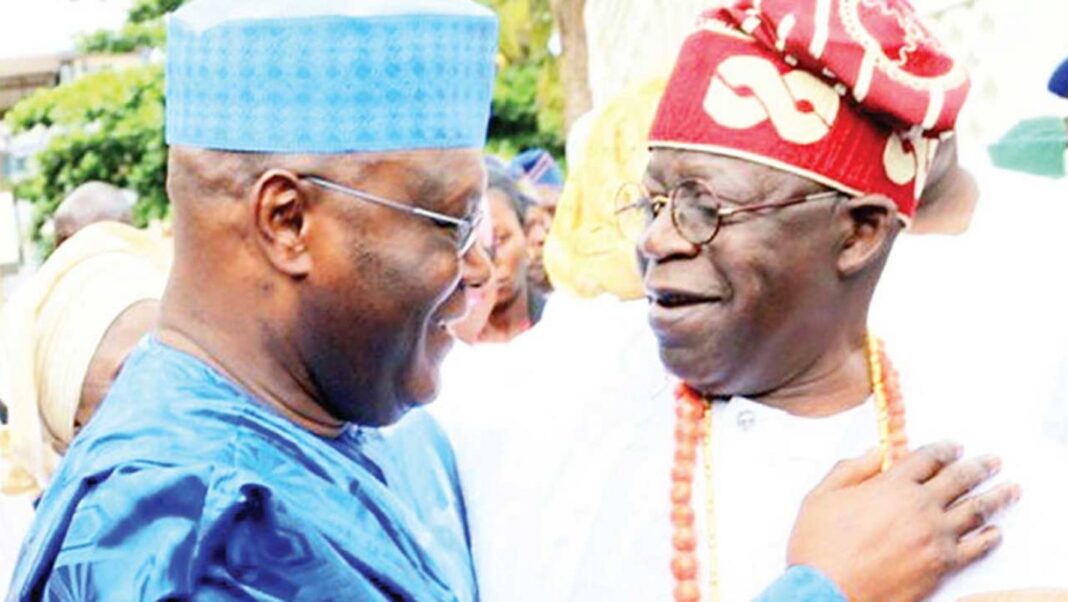Former Vice President Atiku Abubakar has criticized President Bola Tinubu for failing to fulfill his promises to rejuvenate Nigeria’s economy and alleviate the suffering of the people.
Since taking office in May 2023, Tinubu has introduced a series of reforms aimed at revitalizing the economy and attracting investment. However, these initiatives have led to a short-term spike in living costs, exacerbating the Atiku contends that the economic situation has deteriorated under Tinubu’s leadership. “Predictably, 12 months on, Tinubu’s pledge of growing the economy and ending misery remains unfulfilled,” Atiku said, highlighting that Nigeria’s macroeconomic stability has worsened significantly.
Atiku contends that the economic situation has deteriorated under Tinubu’s leadership. “Predictably, 12 months on, Tinubu’s pledge of growing the economy and ending misery remains unfulfilled,” Atiku said, highlighting that Nigeria’s macroeconomic stability has worsened significantly.
He points out that the country has slipped from its position as Africa’s leading economy to fourth place, now trailing behind Algeria, Egypt, and South Africa.
Tinubu’s administration has undertaken tough economic measures, such as the removal of fuel subsidy, resulting in higher living and transportation costs. Atiku argues that these policies have lacked proper planning and have not included measures to mitigate their adverse effects on the populace.
Atiku criticizes Tinubu for embarking on a series of policies without a coherent plan to achieve the promised economic remodeling. Despite high hopes, the former vice president claims Nigeria is worse off than before, with all major economic challenges—unemployment, poverty, and general misery—intensifying.
Atiku highlights the severe impact of Tinubu’s policies on ordinary Nigerians. The annual inflation rate has soared to 33.69%, the highest in nearly three decades, with food inflation hitting 40.53%. Basic necessities such as rice and flour have seen price increases of over 100%, and transport costs have surged by 150%.
According to Atiku, Tinubu’s policies have also created a hostile environment for businesses. High energy costs, rising input prices, and complex exchange rate policies have driven many multinational companies out of Nigeria, resulting in significant job losses and economic dislocation.
Atiku asserts that Tinubu’s foreign exchange policies have failed to improve Nigeria’s trade balance or attract foreign investment. Instead, the free float of the naira has led to a devaluation that has not boosted exports or competitiveness. Foreign direct investment has also declined significantly.
Atiku urges President Tinubu to reassess his economic policies and take swift action to address the deteriorating economic conditions. He emphasizes that without a clear and effective strategy, Nigeria’s economic prospects remain bleak.


